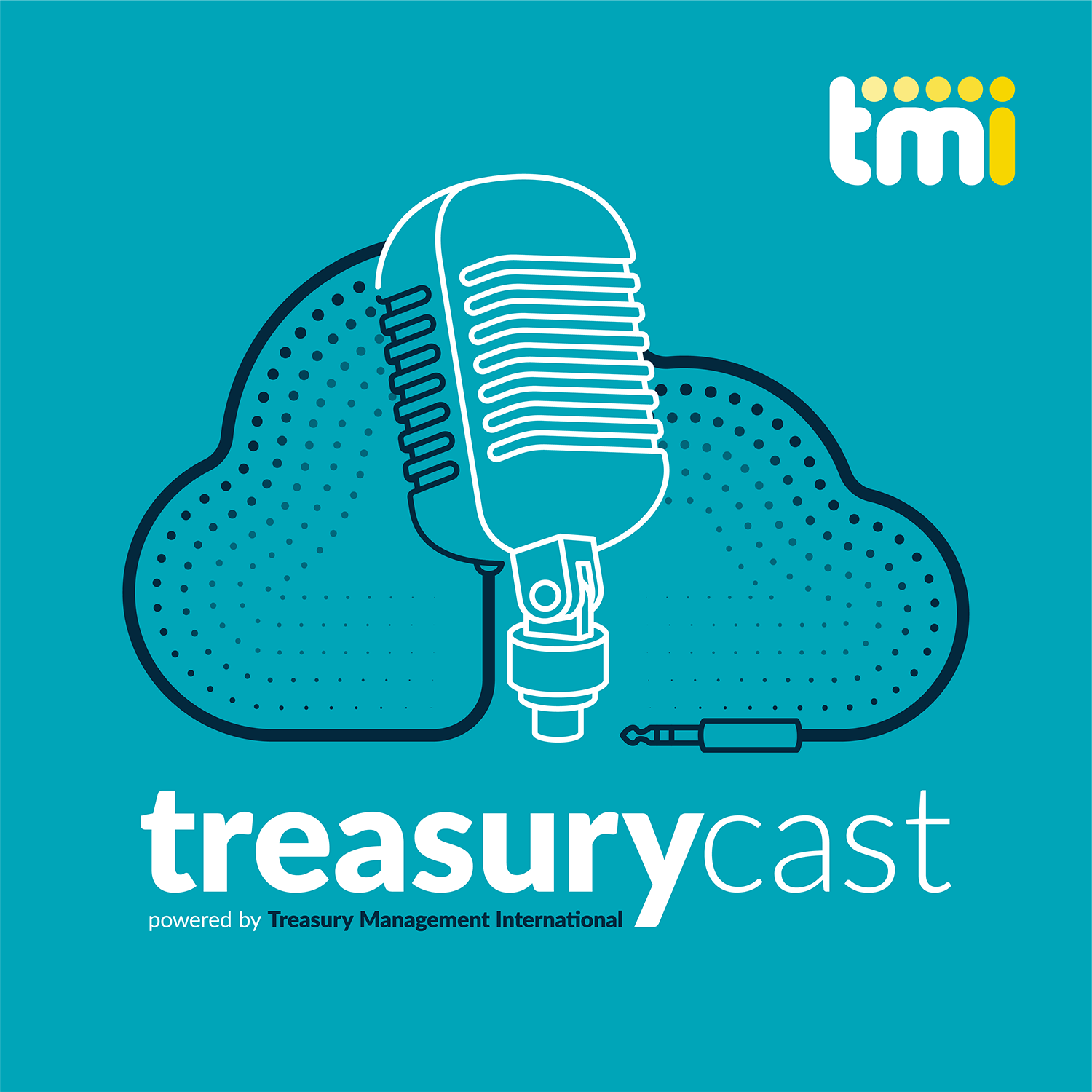The announcement by the Monetary Authority of Singapore (MAS) that it is partnering with a range of sectors and industries to pilot four common utility platforms under the Project Greenprint badge is set to address the financial sector’s needs for good data on sustainability. MAS provided TMI with more detail.
Project Greenprint, launched in December 2020, aims to harness innovation and technology to promote a green finance ecosystem through helping to mobilise capital, monitor sustainability commitments, and measure impact.
MAS has recognised that one of the key challenges facing businesses when exploring sustainability financing is the availability and accessibility of quality, structured sustainability data. Addressing these data gaps will unlock sustainable finance capital to companies, assets or projects in a more scalable way and enable financial institutions to effectively monitor their sustainability commitments, and quantify the risks and real-world impact of their portfolios.
MAS has already engaged with the financial industry and other industry sectors to identify four digital enablers to address the data challenges.
- Common Disclosure Portal: Developed in partnership with the Singapore Exchange, it aims to simplify the environmental, social, and governance (ESG) disclosure process and make access easier for international investors and financial institutions. Companies can also use the portal as an internal ESG monitoring and management tool.
- Data Orchestrator: This willaggregate sustainability data from multiple data sources and enable new data insights to be generated through data analytics services to better support investment and financing decisions.
- ESG Registry: The blockchain-based registry will record and maintain the provenance of ESG certifications and qualified metrics, providing financial institutions, corporates, and regulatory authorities with a single point of access.
- Marketplace: The aim is toconnect green technology providers in Singapore and the region to a community of investors, venture capital firms, financial institutions and corporates to facilitate partnership, innovation and investments in green technology.
Using data from the Data Orchestrator and the ESG Registry, MAS will work on two use case projects to facilitate green and sustainability-linked trade finance in the building and construction, and palm oil sectors. Qualified supply chain players from these sectors will be able to benefit from more seamless and timely access to green trade financing from banks. The projects will be led by United Overseas Bank, in partnership with DBS Bank, OCBC Bank and Standard Chartered Bank.
The following Q&A is with an MAS spokesperson.
Ultimately, what is the aim of the project?
The aim of the project is to harness innovation and technology to promote a green finance ecosystem and facilitate the mobilisation of green capital. To enable the mobilisation of green capital, we will work with the industry to pilot four common utility platforms that aim to facilitate the flow of consistent, clear and reliable ESG data between the financial sector and the real economy – both within Singapore and globally.
Why is technology a particularly suitable tool to help promote green finance?
Technology (such as artificial intelligence [AI], application programming interface [APIs], blockchain technologies, sensors and the internet of things [IoTs], and geospatial systems) will be able to address some of the key ESG data challenges impeding financial institutions’ ability to make informed financing decisions., These include, for example, improving data consistency, data provenance, data availability, data comparability, and data reliability.
Will planned digital connectivity with certain stakeholders also potentially exclude others – how will ease of accessibility/interoperability be supported?
One of the key objectives of Project Greenprint is to promote data connectivity and interoperability. We aim to make ESG disclosure more prevalent and promote the mainstreaming of ESG disclosures across companies of all sizes.
ESG data flows are a vital part of Greenprint – how will you ensure data consistency, clarity and accuracy to the extent that the marketplace will trust it?
Greenprint Common Disclosure Portal will simplify the ESG disclosure process and enable mapping to internationally aligned reporting frameworks and promote data consistency and comparability. The ESG Data Orchestrator will also aggregate sustainability data from multiple data sources, including major ESG data providers, utilities providers, and the Common Disclosure Portal, as well as other sectoral platforms that will help to improve the accuracy of data being reported.
The pilots are expected to be completed in the second half of 2022.





